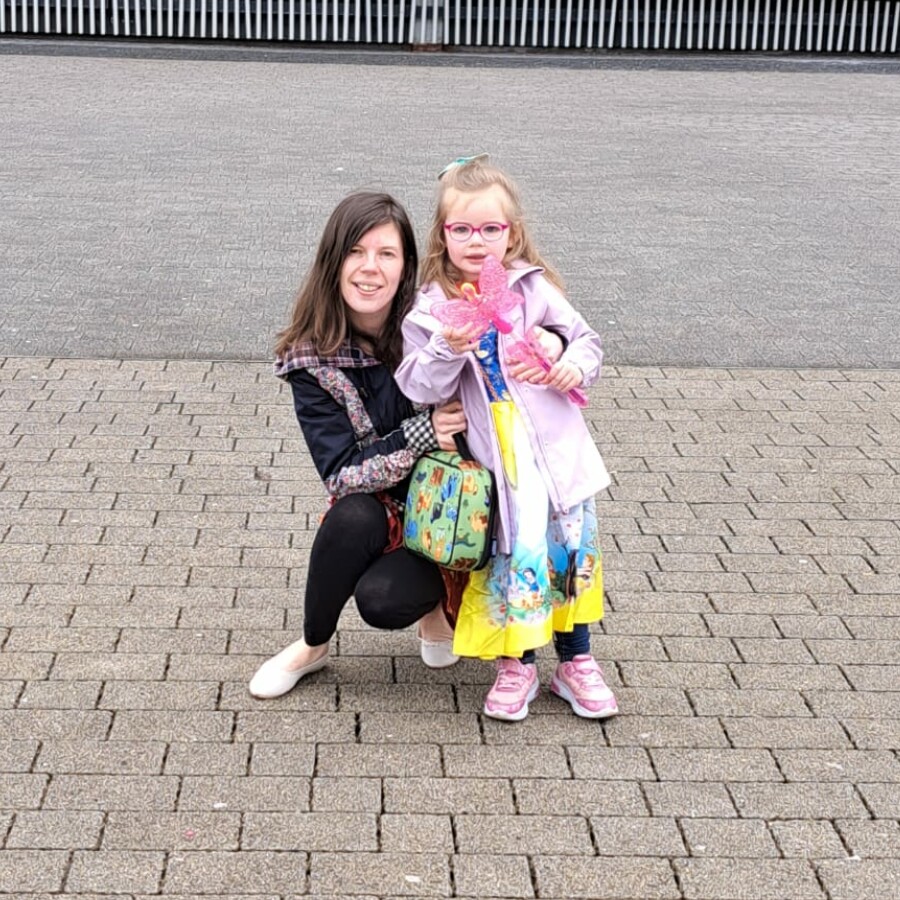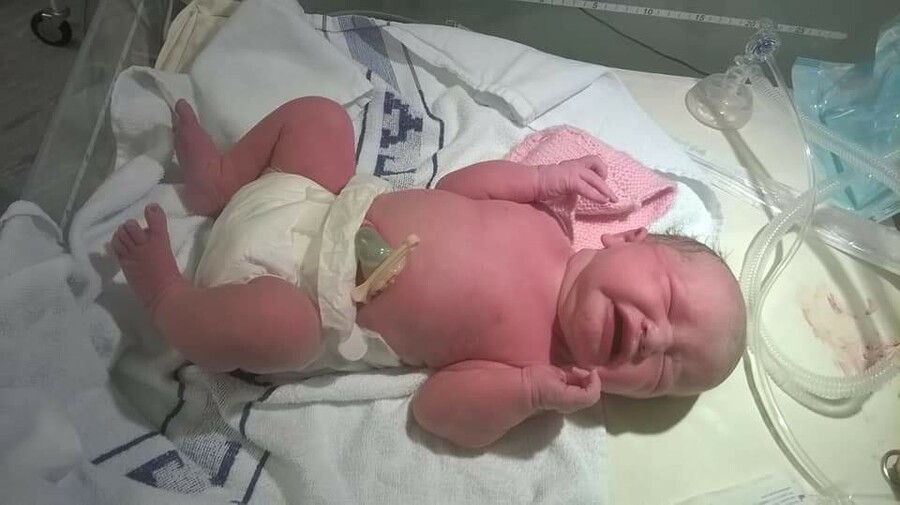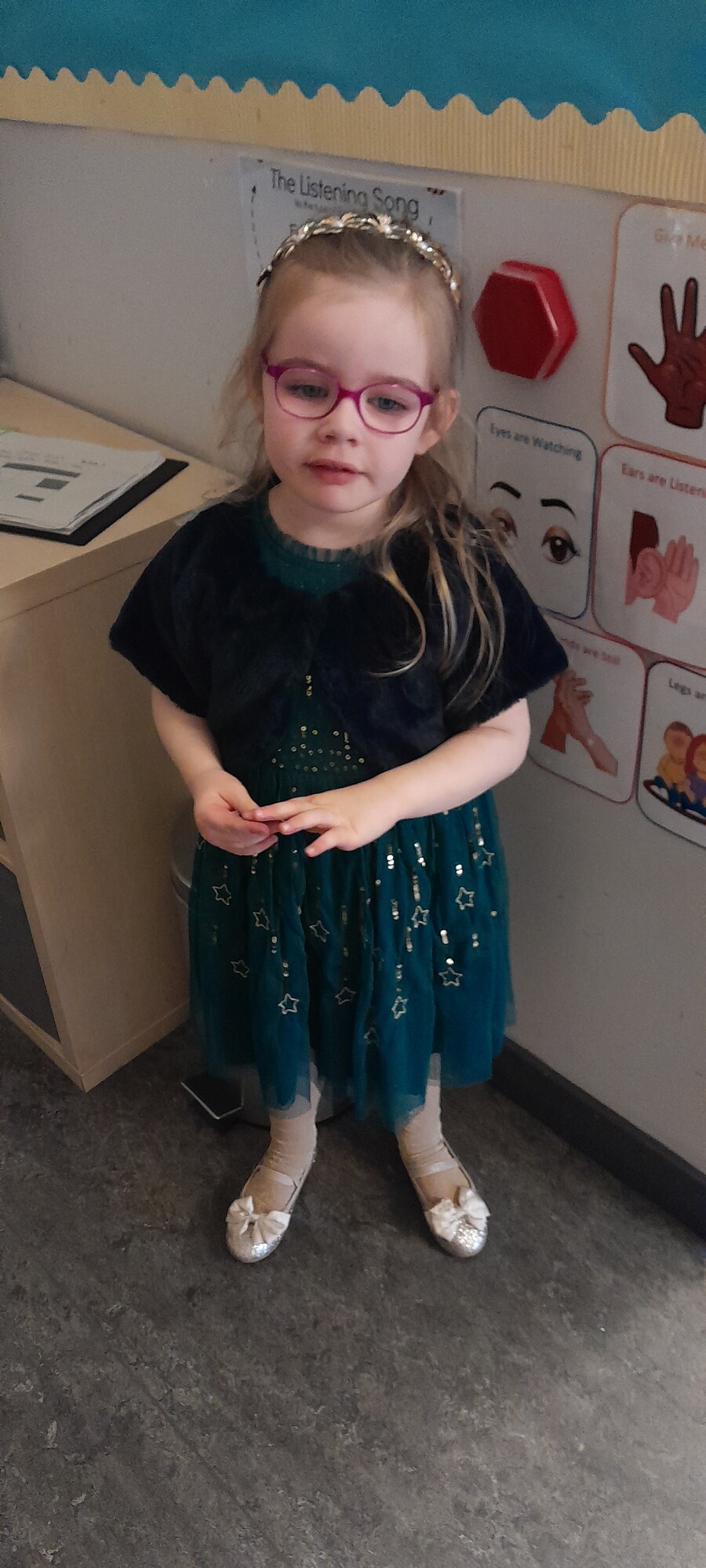Rare Disease Day: Kimberley and Eleanor's Story

Only 15 people out of every 10,000 are estimated to have the form of Dysfibrinogenemia that Mum Kimberley and her daughter Eleanor have – but this Rare Disease Day, they know they’re not alone thanks to the incredible Office for Rare Conditions, funded by your donations.
With Dysfibrinogenemia, the blood takes far longer to clot than usual, and it makes the regular course of bumps, cuts and bruises any child experiences while growing up incredibly hazardous.
For Kimberley, that has meant she’s advocated for her daughter in all kinds of situations since she was diagnosed at just a few days old.
She said: “Eleanor is four, she is highly energetic and has other conditions such as Autism. She loves Glee and The Sound of Music – I think she gets that from me! She goes to a music class and is just happy to listen all day.
“Eleanor likes the busy nature of the nursery and has lots of friends, though with her Autism can struggle at times.
“Our condition, Dysfibrinogenemia, is a rare bleeding disorder. Basically, if Eleanor and I were in an accident, it would take longer for the blood to clot.
“When I was diagnosed as an adult, I had to make changes, such as carrying a medical alert card and staying away from common medication like ibuprofen. For any procedures I need to seek advice ahead of time, from operations to just going to the dentist.
“Eleanor's experience is different. They don’t test for this condition at birth, but I could see signs when she started to crawl. One time she had a bad head injury and was taken to A&E. I said, ‘if she has this condition, it can be quite dangerous.’ She was tested in A&E and was diagnosed with Dysfibrinogenemia.
 “I had to write my own care plan so she could go to nursery, and I regularly get calls from the nursery saying, ‘she’s had a fall, what would you like us to do?’ In the beginning I used to pace the house with my phone in my hand. I still feel like I can’t be too far from home.
“I had to write my own care plan so she could go to nursery, and I regularly get calls from the nursery saying, ‘she’s had a fall, what would you like us to do?’ In the beginning I used to pace the house with my phone in my hand. I still feel like I can’t be too far from home.
“It will change further when she begins school, so life as a parent in this situation means constantly evolving and adapting.”
Glasgow Children’s Hospital Charity helps families dealing with a rare condition by funding the Office for Rare Conditions, based near the children’s hospital on the Queen Elizabeth campus.
“It can feel quite isolating and stressful when you are the one trying to coordinate her care, raise awareness and advocate for her health.
“However, her having it means I can show her, ‘it’s okay – Mum's got it too’. There’s been a positive to it because I can also share these experiences with other people and families with rare conditions or bleeding disorders. I know I’m not alone, because Eleanor has it too, and she’s not alone, because I have it too.
“I began advocating on a wider level and getting to know the people at the Office for Rare Conditions when I wrote to the Scottish Government and spoke in the Scottish Parliament about my experiences.
“Meeting all these other families and the staff at the Office for Rare Conditions helped to reduce that feeling of isolation and made me more determined to raise more awareness. I'm no longer just doing it for me and Eleanor, but for the rare disease community as a whole.”
The groundbreaking Patient Navigator for Rare Conditions role began in 2023 thanks to Charity funding and has now been renewed for a further year. Claire works with patients and families and help them access resources for treatments, medicines, financial support or extra care, which Kimberley has first-hand experience of.
 “Claire got in touch as soon as she started and introduced herself. We’re regularly in contact and I’ll meet her for a chat at the hospital. If I have any problems at all, she can intervene and make it as smooth as possible – she's a fantastic champion of rare disease families and goes the extra mile to help.”
“Claire got in touch as soon as she started and introduced herself. We’re regularly in contact and I’ll meet her for a chat at the hospital. If I have any problems at all, she can intervene and make it as smooth as possible – she's a fantastic champion of rare disease families and goes the extra mile to help.”
This year, Rare Disease Day falls on the rarest day of all – a Leap Day, on February 29 – and Kimberley is determined to continue her rare condition advocacy.
“Eleanor doesn’t quite understand yet what her rare condition is with her communication difficulties, but we do have a teddy with a Dysfibrinogenemia jumper on it, and I explain to her we’re taking teddy whenever we go to the hospital.
“For me, Rare Disease Day is celebrating that my rare disease won’t define me or stop me from doing what I can do.
“The most important thing for me is getting the awareness out there amongst health professionals and the public, while showing anyone with a new diagnosis that they have support and aren’t alone.”